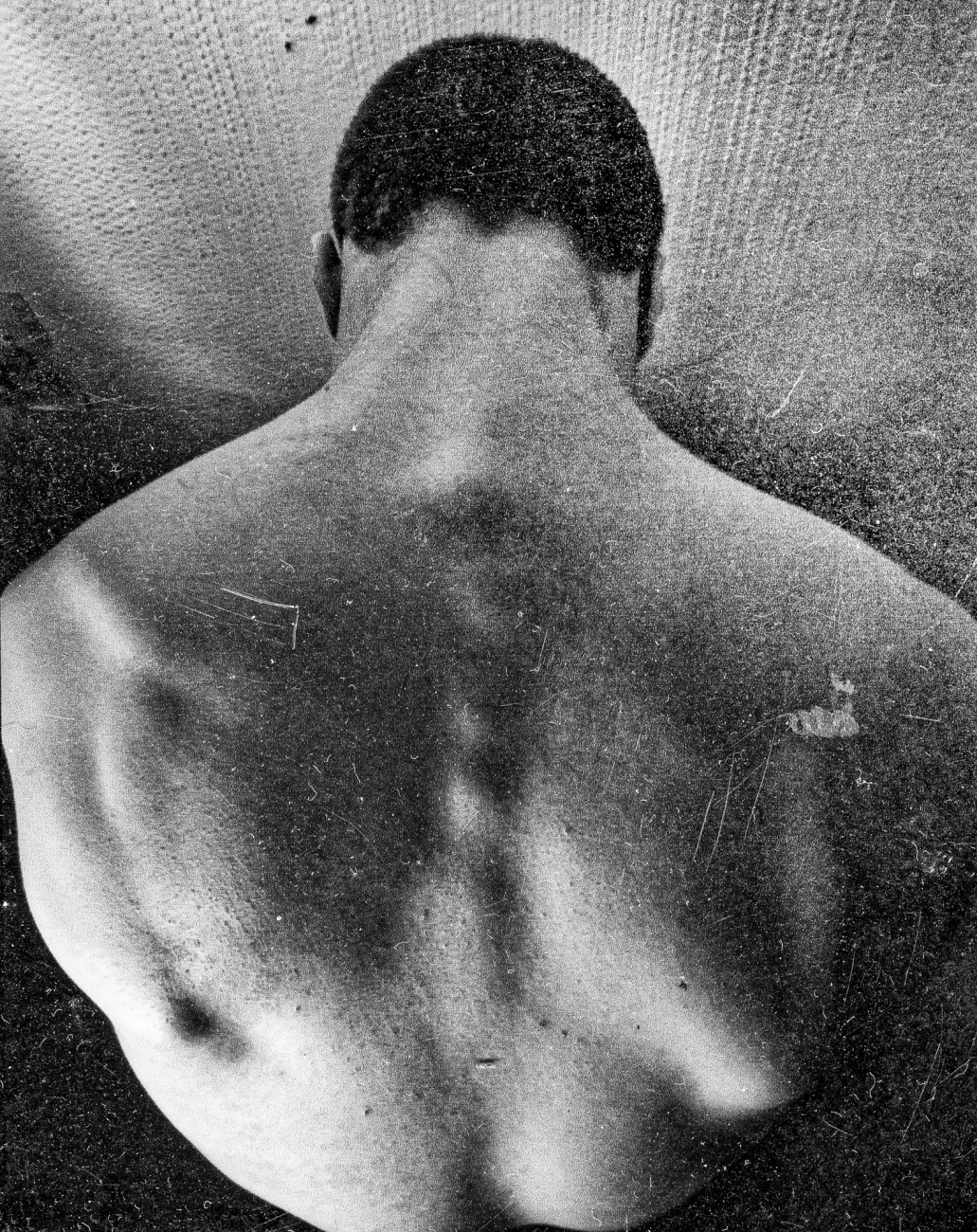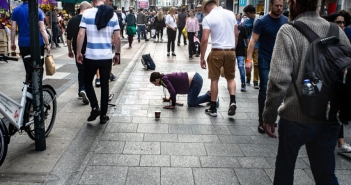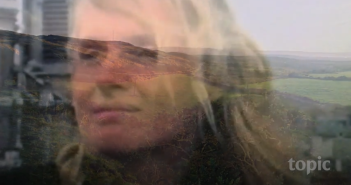Have you ever experienced that emptiness, that deep silence, that infinite ignorance following trauma? Well, I have. And let me tell you, it doesn’t always happen right away. Sometimes, you have to actually look past the first few weeks or months to feel it. You’ll eventually see it at some point, with support or not. You’ll find yourself entirely alone, in that nothingness where everyone else – maybe even you – thinks that enough time has passed.
"A proud man has disdain for other people, he undervalues them. The Narcissus overvalues them, because in every person’s eyes he sees his own image, and wants to embellish it. So he takes care of all his mirrors."
Milan Kundera#narcissism #Narcissists https://t.co/uCRwIFv0ok— CassandraVoices (@VoicesCassandra) February 17, 2023
Time as an Almighty Healer?
Like a lot of people, I used to picture time as the ultimate solution. Because that’s what we’re told since we’re little, isn’t it? “Time heals all wounds,” they say. You have obviously heard that phrase before, whether from your family, a friend, a TV show, or a book you once read.
Now, I’m not a scientist, but I learned how wrong that expression is.
It would be great, of course, to have one miraculous way to fix things, to simply go through life, ignoring all the issues you may have, because time will gladly deal with them for you. Except it doesn’t work that way.
Seeing time as a cure is one of those made-up illusions we keep telling ourselves in order to feel better. It’s reassuring to think that if you’re still suffering, it’s not because of you or anyone else, but because you didn’t give yourself enough time.
Don’t get me wrong, time does help. It sure makes you stop crying, but it won’t heal you. Letting time pass means going into a routine. Eventually you recognise the pain, the sorrow, the sadness. You know what it feels like, and you settle into it.
Not long ago, I questioned a lot how humans respond to trauma and how we handle it, not just individually, but as a society. Well, usually, we hold it locked inside. Again, believing that time will sooner or later do its thing. I’m sure, if you’ve endured trauma, and talked about it, you’ve heard people say: “I’m here for you, but you just need a bit of time, really.”
Like you, probably, I once thought it couldn’t hurt to speak those things. But recently, I experienced first-hand how painful it actually was.
Time is personal. Some might need weeks, other months or years. It depends on so many factors: past trauma, education, environment, support… So truly, it’s “your time”. Now, let’s say, you need three years. Yet for a friend of yours, three months might sound enough. What happens then? What happen if you don’t improve in those three months? You gave yourself time, or at least, you suppose you did, and everyone around you assumed you did too. But still, you don’t seem okay. Well, guess what, you start feeling guilty about it. Like it’s your own fault if you don’t get better.
It’s deeply anchored in society. Take therapy, for example. Some people, governments even, actually think that you only need a few sessions to deal with an issue, to “move on”. As if trauma only takes ten weeks to what, disappear?
Now you see why I believe perceiving time as a healer is dangerous? Because once you start, you put a quantifiable value on trauma. Which also means that, eventually, everyone stop talking about it. For them, it’s in the past. Yet for you, it’s still very much a part of your life. So you find yourself alone, not being able to confide in anyone, feeling guilty for seeking support. Even the loved ones who first supported you think it’s all gone now, assuming that, with time, scars fade, as if they never happened.
Yet here they are, inked. And to ignore them, worse, to declare they ceased to exist is not only a denial of reality, it’s indicating that a victim of trauma – whatever the trauma is – doesn’t have a reason to be one anymore. As they say: “It’s water under the bridge.”
And so, it’s creating an excuse for people to stop listening, a true motive to silence the voices.
Justin McCarthy offers sage advice to anyone confronting the imminent departure of a loved one.https://t.co/RU0w4Sgu7F@BowesChay @danieleidiniph1 @corourke91 @KevinHIpoet1967 @broadsheet_ie
— CassandraVoices (@VoicesCassandra) June 30, 2022
Silencing the Voices
You might think I’m cynical. However, by creating an illusion, you end up denying what life is like, sealing society in the unspoken and taboos. You’re not questioning the world’s problems, you’re not looking into the real issues; you’re merely waiting for things to wash away – silencing the voices in the process.
By making the victims guilty about the depth of their recovery, you’re locking them in this inner pain, in the long aftermath that lasts only for them, for us. People get lost in that silence, in that emptiness where no one dares to speak up for fear of moving the knife again, of showing once more that “time has not yet healed all wounds”.
Feeling as angry as I am? Well, don’t worry. It’s a good thing.
Jason Hirthler slams Jim Rennert's Think Big stargazer on Union Square for not challenging the status quo, arguing art should undermine, challenge and unsettle.https://t.co/AfBvFfUoPO@broadsheet_ie @danieleidiniph1 @BenPantrey @corourke91 @KevinHIpoet1967 @NMcDevitt #thinkbig
— CassandraVoices (@VoicesCassandra) November 19, 2021
Anger Led to Revolutions
Want to learn something? Anger makes the changes. So don’t be afraid to awake her. Rise and shout until you turn the earth upside down. Scream at those who refuse to face reality, to see pain for what it actually is.
Don’t look back. Don’t search your voice in some past you left behind. For she’s still here, within you. She’s in your rage, your sadness, your innocence, your beliefs, your joy, your sorrow, your despair, your fear, your bravery; she’s in all those emotions and those memories you locked yourself in when you noticed no one was listening. But make them listen; keep talking.
For it’s not their voices that society needs to hear, but ours.
Feature Image: Daniele Idini




